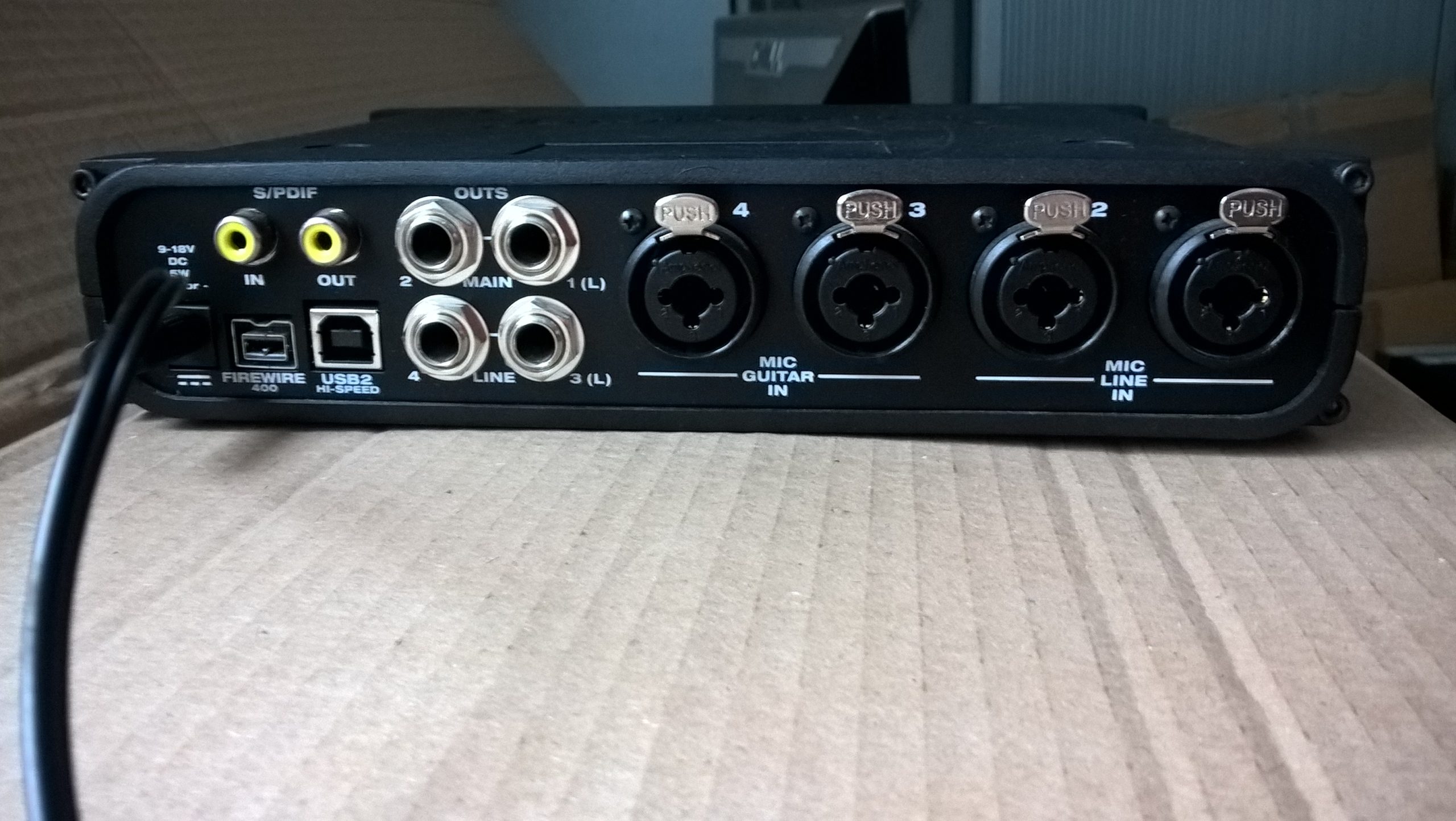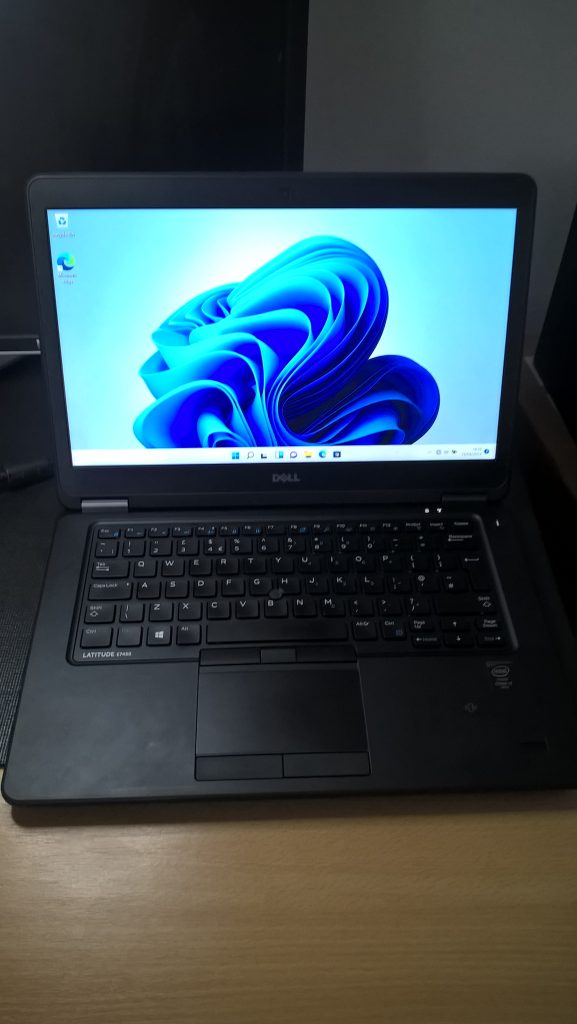Understanding and Fixing Audio Glitches and Stutters in PC Applications: A Comprehensive Guide
Audio issues while using your PC can be frustrating, particularly when they interrupt your favorite music, podcast, or gaming experience. Among the common problems users encounter, audio glitches or stutters often create an irritating listening environment. In this post, we will delve into the causes of audio stuttering in applications like Spotify and games, explore potential fixes, and provide insight into how to maintain optimal audio performance on your PC.
What Are Audio Glitches and Stutters?
Audio glitches refer to interruptions or disturbances in sound playback that can manifest as skips, pops, crackles, or stuttering. These issues can significantly detract from your overall experience, whether you’re gaming, streaming music, or engaging in video calls. Stutters can occur due to various reasons, often stemming from hardware limitations, Software conflicts, or configuration mistakes.
Symptoms of Audio Glitches
- Abnormal crackling or popping noises
- Abrupt pauses or cutting off of sound
- Diminished audio quality
- Variations in volume levels
- Transmission delays
Understanding these symptoms can help identify the root of the problem more systematically.
Common Causes of Audio Stuttering on PCs
1. Audio Drivers
One of the primary reasons for audio stutters in applications is related to your audio drivers. An outdated or corrupt driver can significantly affect audio performance. When applications like Spotify or games request audio playback, they rely on these drivers to function properly.
Potential Fix:
To rectify this, you can update your audio drivers. Here’s how:
- Open Device Manager: Right-click on the Start button and choose Device Manager.
- Locate Audio Inputs and Outputs: Expand the section to find your audio device.
- Update Driver: Right-click on the audio driver and select ‘Update driver’. You may choose the option ‘Search automatically for updated driver software’.
2. Hardware Limitations
Your PC might be facing hardware limitations, particularly if you have older components. Audio playback might stutter if the CPU or RAM is being heavily utilized by other applications.
Potential Fix:
- Optimization: Close unnecessary applications running in the background, especially resource-heavy ones like video editors or web browsers with multiple tabs.
- Upgrade Components: Consider upgrading RAM or even switching to SSD storage to improve overall performance.
3. Audio Playback Settings
Sometimes, the issue may stem from incorrect playback settings in your system’s audio configuration. Certain enhancements or settings may conflict with playback.
Potential Fix:
- Disable Audio Enhancements: Right-click the speaker icon in your taskbar, click ‘Sounds’, and navigate to the ‘Playback’ tab. Select your default playback device, click on ‘Properties’, and go to the ‘Enhancements’ tab. Check the box that says ‘Disable all enhancements’.
4. Conflicting Software
Lastly, audio stuttering can occur due to conflicting Software or applications that may take control over your audio settings or resources ineffectively.
Potential Fix:
- Identify Conflicting Applications: Consider closing applications that use audio or video processing to see if the issue persists. This can include things like screen recording Software, virtual machines, or even certain web browser extensions.
Advanced Troubleshooting Techniques
For persistent audio issues, more advanced troubleshooting methods may be necessary. Here are various methods worth exploring:
1. System Resource Monitoring
Using the Task Manager, you can closely monitor resource usage. High CPU or disk usage during music playback can give clues regarding bottlenecks leading to audio problems.
Technique:
- Open Task Manager: Right-click on the taskbar and select Task Manager.
- Check Performance: Sort applications by CPU or Memory usage to identify culprits.
2. Power Settings Configuration
Some power settings, especially on laptops, can throttle performance to save energy, affecting audio quality.
Potential Fix:
- Go to Control Panel > Hardware and Sound > Power Options.
- Select ‘High performance’ to ensure your CPU works optimally.
3. Windows Sound Settings
Modifying Windows sound settings can sometimes alleviate issues. Configuring the sample rate might smooth out glitches.
Technique:
- Go back to the Playback Devices menu.
- Select your playback device, go to ‘Properties’, then the ‘Advanced’ tab.
- Change the Default Format to a different sample rate and bit depth (e.g., 24-bit, 48000 Hz).
4. Use of ASIO Drivers for Music Production
For music enthusiasts or producers, ASIO (Audio Stream Input/Output) drivers can provide better performance as they directly interface with your sound card without any processing delays from the operating system.
How to Implement:
- Find an ASIO driver that’s compatible with your sound device (external sound interfaces often supply their own ASIO drivers).
- Install the driver and configure applications like Spotify or your Digital Audio Workstation (DAW) to use the ASIO driver.
Case Studies: Users’ Experiences
Case Study 1: High Volume Stuttering
One Reddit user reported that they experienced noticeable audio stuttering only at higher volumes in applications like Spotify. This was traced to an audio driver conflict—during troubleshooting, they discovered that the driver wasn’t functioning optimally alongside other audio applications running simultaneously. The resolution was updating the driver and ensuring that no other heavy software was using resources.
Case Study 2: Gaming Audio Issues
In another case, a user playing high-demand video games consistently encountered audio stutters. After monitoring their CPU and RAM usage, they found that they were operating below recommended system specifications for the game. Upgrading their RAM allowed for smoother performance and improved audio playback, eliminating the glitches they previously experienced.
When to Seek Professional Help
If you’ve tried all the common troubleshooting methods and advanced techniques without success, it may be time to consider seeking professional help. This could entail:
- Taking your PC to a certified technician
- Visiting a local computer shop
- Consulting with audio specialists for more complex audio setups
Conclusion: Ensuring Optimal PC Audio Performance
Audio stutters and glitches can significantly disrupt musical enjoyment and gaming experiences. By understanding the possible causes—from outdated drivers to hardware limitations—you can take various steps to troubleshoot and alleviate audio stuttering problems. Optimizing your system’s resource usage, updating drivers, and ensuring the proper configuration of audio settings are invaluable strategies for maintaining top-notch audio performance.
In the modern age of streaming and online gaming, having reliable audio output isn’t just desirable; it’s crucial. By diligently maintaining your audio settings and remaining aware of components affecting playback, you’ll ensure that your listening and gaming experiences are rich and uninterrupted.
Share this content:




This is an incredibly thorough guide on diagnosing and fixing audio glitches on PCs! One additional aspect worth considering when troubleshooting audio stutters is the role of system updates and OS optimizations. Sometimes, the issue may stem from conflicts introduced by Windows updates, which can alter how audio drivers communicate with applications.
Regularly checking for Windows updates and ensuring that your system is up-to-date can prevent potential compatibility issues. Additionally, I recommend using tools like the “Windows Troubleshooter” to automatically detect and fix common playback problems. This can save a lot of time for users who might not be familiar with the manual troubleshooting steps.
Lastly, if you’re a gamer, enabling game mode in Windows can help prioritize system resources for gaming applications, which may subsequently improve audio performance. Keeping an eye on dedicated forums, like the ones in your post, is also a great way to stay updated on specific issues related to your hardware or the Software you frequently use. Thank you for sharing these insights; they will certainly help a lot of users enhance their audio experience!
Technical Support Response
Hi there!
Thank you for your detailed post on PC audio glitches and stutters. We understand how disruptive these issues can be, whether you’re gaming, listening to music, or engaging in video calls. Let’s walk through some additional strategies and insights that may help resolve your audio problems.
Further Steps to Troubleshoot Audio Issues
In addition to the common fixes you mentioned, here are a few more advanced techniques that may help:
1. Check Audio Device Priority
Ensure that the preferred audio device is set correctly in your application’s audio output settings. Sometimes, applications may default to a different audio device which might not be configured properly.
2. Clean Boot Your PC
Performing a clean boot can help you identify if startup services or third-party applications are causing the audio issues. Here’s how to do it:
Technical Support Engineer Response
Hello,
Thank you for sharing your insightful article on audio glitches and stutters in PC applications. It’s essential to address these issues for a seamless audio experience, whether you’re gaming, streaming, or working. Here are some additional troubleshooting steps and tips that may help further enhance your audio performance:
Additional Troubleshooting Steps
Response:
Thank you for this detailed guide on diagnosing and fixing audio glitches and stutters in PC applications! To further enhance troubleshooting, I’d like to share a few additional tips based on my experience:
It’s crucial to maintain a clean environment, too, by minimizing background tasks and regularly checking for malware or excessive startup programs that might impact performance. Let’s keep the discussion going—have any of you tried these extra techniques, and did they help? Wishing everyone smooth audio experiences!